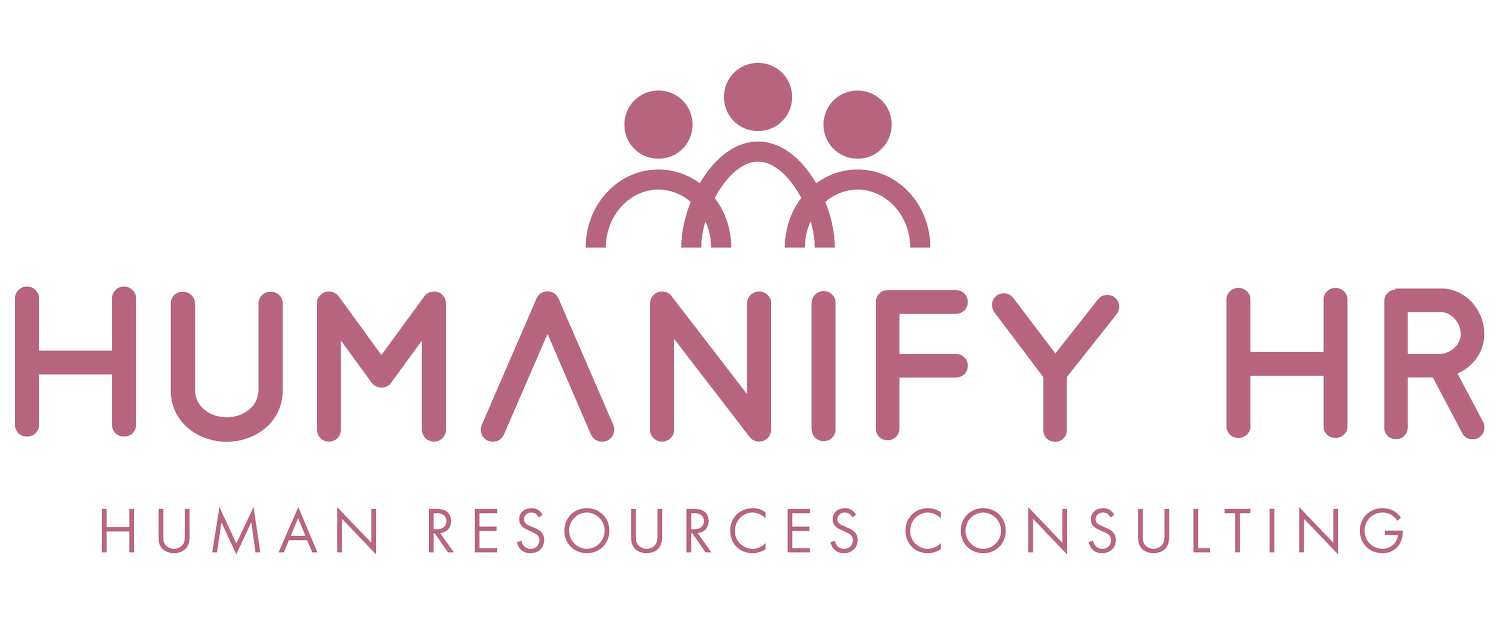
Values and Code of Conduct
To create workplaces that support more productive humans, healthier humans and more successful businesses. We partner with clients who share the same mission and help them succeed.
Respect
We respect our clients, including the diverse perspectives, backgrounds and experiences they hold.
Empathy
We seek to understand our clients, be aware of their needs and demonstrate kindness and care in our interactions.
Social Responsibility
We believe we have a duty to our community to improve workplace cultures and leadership for the benefit of all.
Energy
We pride ourselves on our dedication, positive energy and determination to make a difference.
Trust
We work hard to establish and maintain trust so clients feel confident and supported.
Code of Conduct
Underpinned by our values, the Humanify HR Consulting Code of Conduct sets out how we will operate in a compliant, respectful and collaborative manner with our clients, partners, suppliers and employees.
1.1 Conflicts of Interest
Employees must declare and manage conflicts of interest in connection with their duties. Business activities should be free from unmanaged conflicts of interest. Any actual, potential, or perceived conflicts must be declared, managed, and recorded appropriately.
1.2 Business Integrity
Employees must conduct business with integrity by acting honestly, responsibly, transparently, and consistently. They must not engage in conduct that seeks to obtain an advantage for themselves or others, or cause detriment to any person or entity.
1.3 Confidentiality
Employees must protect sensitive, privileged, and confidential information. They must not use information gained through their work for personal gain or any purpose other than what it was provided for.
2.1 Professional Conduct
Employees must conduct themselves in a fair, professional, and unbiased manner. They must avoid activities that are illegal, unsafe, exploitative, fraudulent, corrupt, collusive, or otherwise unethical.
2.2 Risk Management
Employees must develop and maintain processes to manage risks associated with their operations.
2.3 Record Keeping
Employees must maintain detailed records that accurately reflect all financial transactions and business activities.
2.4 Environmental Responsibility
Employees should maintain environmentally responsible policies and practices, including recycling, minimising waste, and supporting the net zero transition.
3.1 Health and Safety
Employees must comply with all applicable workplace health and safety laws and ensure a healthy, safe, and secure work environment.
3.2 Human Rights
Employees must ensure they are not causing, contributing to, or linked to human rights abuses.
3.3 Anti-Discrimination and Diversity
Employees must not discriminate based on protected attributes and must promote diversity and inclusion.

